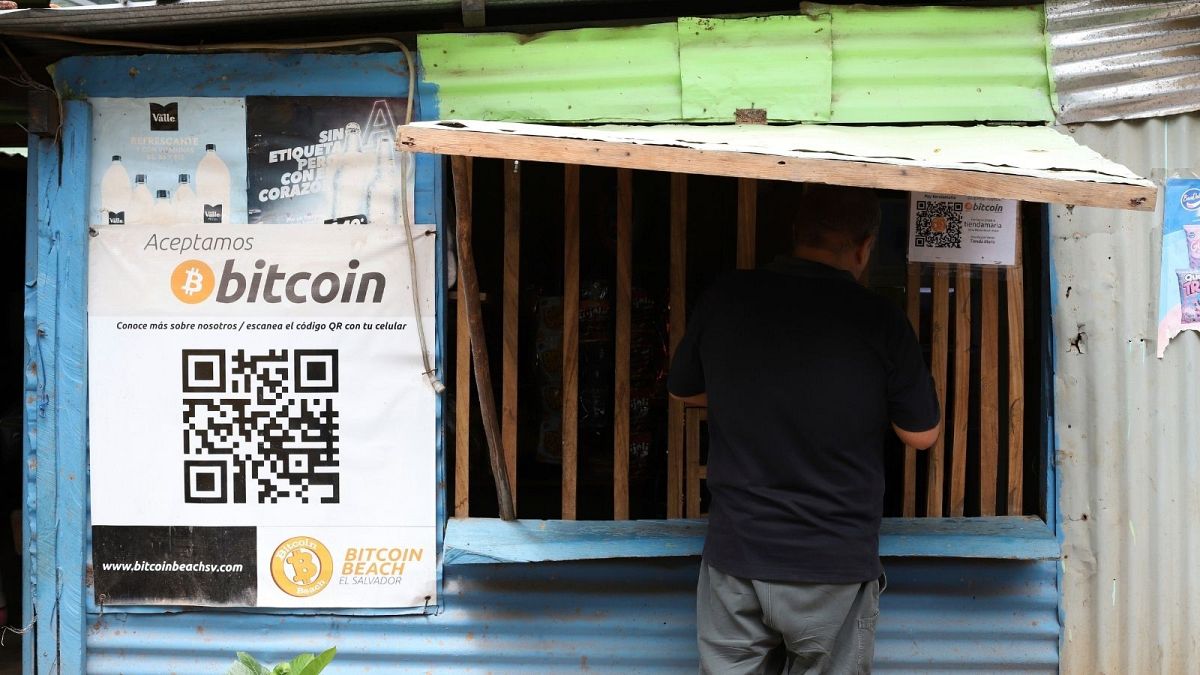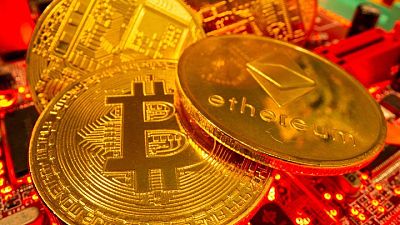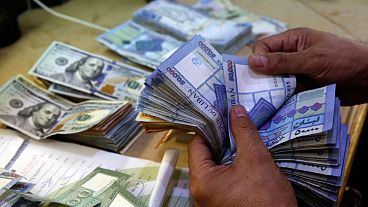El Salvador became the first country in the world to adopt Bitcoin as legal tender, but the International Monetary Fund is not a fan.
The International Monetary Fund (IMF) has urged El Salvador to drop Bitcoin as legal tender and better regulate the digital wallet the government created and promoted to its citizens.
The South American country became the first in the world to adopt the cryptocurrency as legal tender in September last year.
However, the IMF has urged “the authorities to narrow the scope of the Bitcoin law by removing Bitcoin's legal tender status," it said in a statement on Tuesday.
"The adoption of a cryptocurrency as legal tender, however, entails large risks for financial and market integrity, financial stability and consumer protection," It added.
Bitcoin as legal tender
Salvadoran president Nayib Bukele led the push to adopt Bitcoin as legal tender alongside the US dollar. El Salvador's Legislative Assembly passed a law in June, making it the first country in the world to do so.
El Salvador has now enticed four million people to start using Bitcoin, which essentially works as a government backed electronic wallet.
President Nayib Bukele argues that it's a way of offering digital banking to the great majority of the population - around 70 percent - who don't yet use a bank.
But recently Bitcoin has once again shown how volatile it is. After nearly doubling in value in November, Bitcoin has plunged and on Tuesday was slightly below $35,000 (€31,023) where it was when the congress voted on June 9.
From the start, there were concerns that a decentralised digital currency like Bitcoin - created to be beyond the control of governments - would attract criminal activity. Bukele promoted the adoption as a way for Salvadorans to avoid money transfer fees when relatives living outside the country sent home remittances.
Divided opinion over President Nayib Bukele's move
Bukele remains a controversial figure. He became a darling of the cryptocurrency's promoters and has since spoken of building a “Bitcoin City” and issuing Bitcoin-backed bonds, something IMF directors have also expressed concern over.
He has also spent tens of millions of public money investing in Bitcoin, buying more tokens when its value has dipped.
As the price of Bitcoin plunged last week, he took to Twitter to urge people to invest in the cryptocurrency.
“Most people go in when the price is up, but the safest and most profitable moment to buy is when the price is down. It’s not rocket science. So invest a piece of your McDonald’s paycheck in #Bitcoin. Now go back to flip more burgers you lazy fvçk [sic]!” he tweeted.
Despite being quite popular in El Salvador, many citizens have not bought into Bukele’s Bitcoin vision. Opinion polls show Salvadorans are sceptical about his love of Bitcoin, and its bumpy introduction has fuelled protests against the government.
The government has't yet formally responded to the IMF's warning but on Wednesday President Bukele poked fun at the fund in a tweet.
El Salvador's economy poised to improve
The IMF did commend El Salvador’s government on its management of the COVID-19 pandemic. The country is currently experiencing a surge in infections, but it was aggressive in vaccinating the population and kept a relatively low death toll.
It also noted that the economy was projected to grow 10 per cent in 2021 after contracting 7.9 per cent the year before.
The board does foresee other problems on the horizon, however, if the government doesn't tighten up its spending.
"Persistent fiscal deficits and high debt service are leading to large and increasing financing needs," the statement said.
"Under current policies, public debt is expected to rise to about 96 percent of GDP in 2026 on an unsustainable path".



